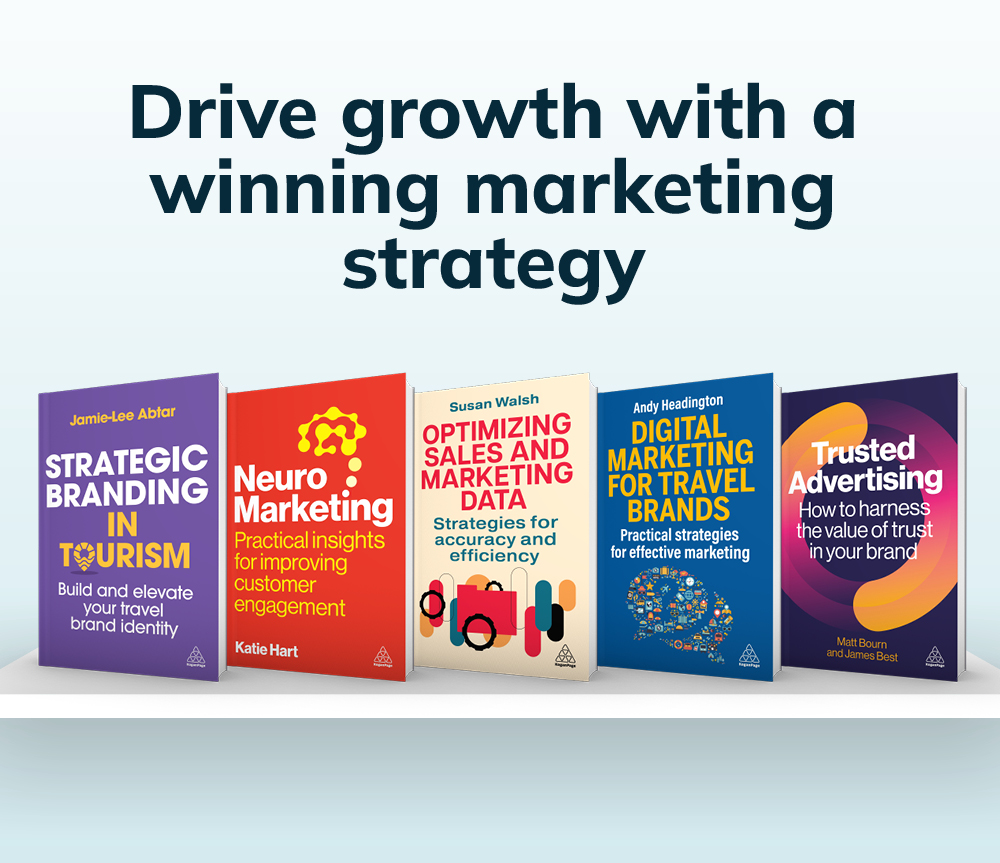FREE UK and US shipping | Get the ebook free with your print copy when you select the "bundle" option | T&Cs apply
Marketing & Sales Books
Latest books in Marketing & Sales
Trending books
Latest insights in Marketing & Sales
Marketing Strategy & Planning, Digital Marketing In this article Fab Giovanetti discusses how marketing growth comes from measuring purposeful metrics tied to decisions, trends and experimentation and improve strategies as audiences change.
Marketing Analytics, Sales & Account Management, Data, Analytics & Research Dirty data does not usually trigger a system crash or a single, visible failure that demands immediate attention. Instead, it erodes performance gradually, diminishing accuracy and undermining decision-making over time.
Advertising, Corporate Governance & Ethics Trust is now a decisive competitive advantage. This article shows how advertising, media, influencers and AI can build credibility and preference by delivering on brand promises that genuinely improve people’s lives.
Publishing soon







